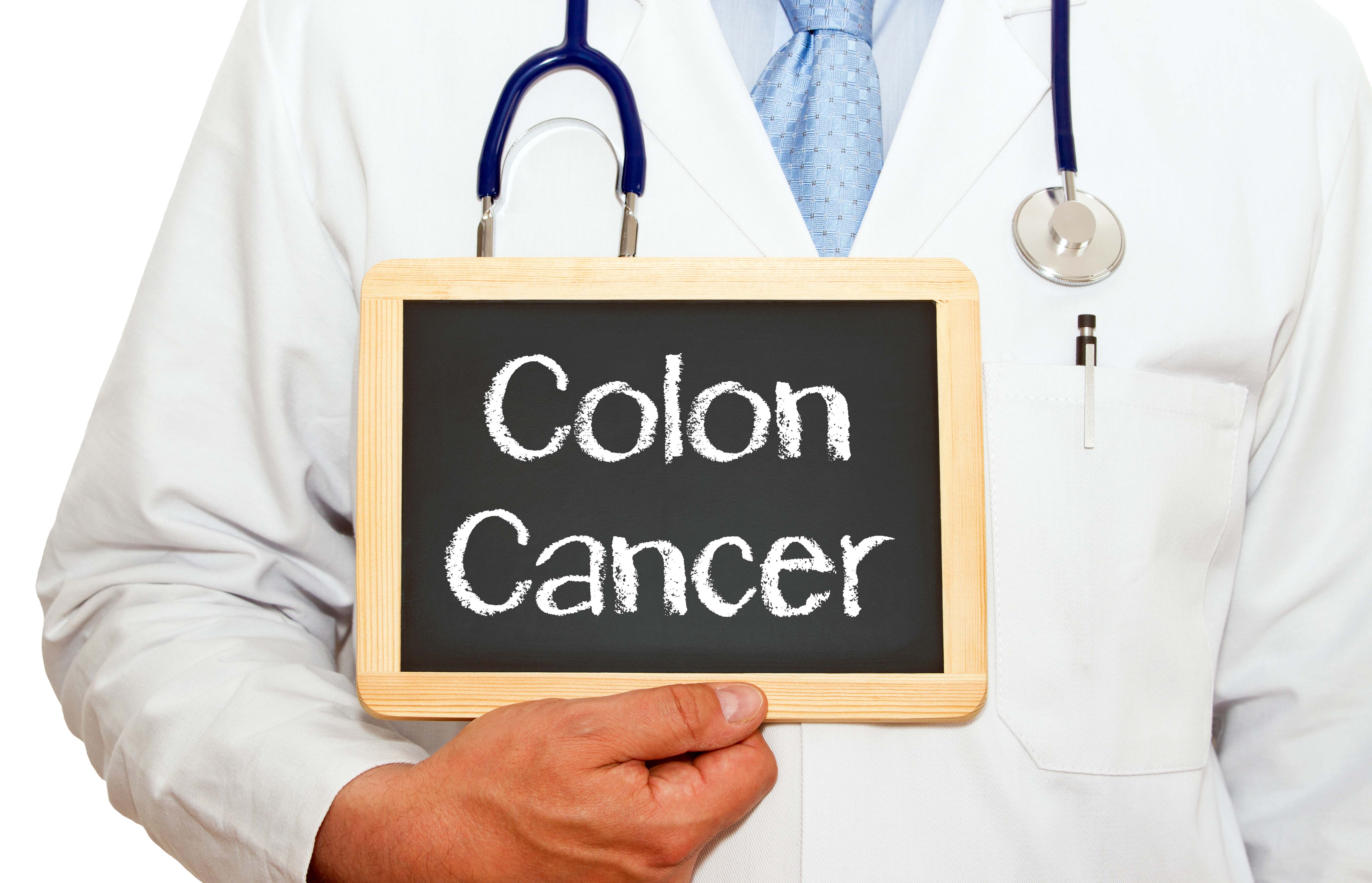
Significant interest is placed on diet, today. Many articles are published regarding what foods we should avoid, and much of the focus is geared towards advertising "anti-cancer foods". A study in 2007 published in the Canadian Family Physician Journal, reported that roughly 30% of cancer cases are related to poor dietary habits and that the risk of cancers involving the gastrointestinal tract is increased to 70% with a poor diet1. Although a healthy diet and lifestyle are extremely important, there are other things we should know in regard to colon cancer prevention.
Colorectal cancer refers to cancer involving the colon and rectum, which form part of the large intestine. For years people walk around undiagnosed, as early colorectal cancer can be present without symptoms. Colon cancer is the third most commonly occurring cancer in men, and second most common cancer in women according to the American Cancer Society, which also estimates 690, 000 of deaths result from this disease4.
Additionally, awareness has become crucial for the younger population in the US, as the incidence of colon cancer has increased at a rate of 2% per year from 1992 through 2013 as reported by the National Cancer Institute data4. For this reason, colon cancer screening has become one of the strongest and most useful weapons for medical professionals to help individuals counterattack the concealing nature of colon cancer.
Screening Guidelines
The current guidelines by the American College of Gastroenterology recommend all adults be screened starting at age 502. However, this recommendation is subjective as many fall under special circumstances for which screening should be started earlier. Individuals with strong family history should be screened earlier. Those with a first-degree relative (parent, sibling) with colon cancer diagnosed before age 60, or with two first degree relatives diagnosed should be screened every 5 years, beginning 10 years earlier than when his/her relative was diagnosed, or at least at age 402,3. Also, those who have a diagnosis of inflammatory bowel disease, either Chron’s disease or Ulcerative Colitis should start screening 8-10 years after they were diagnosed. Additionally, African Americans have the highest incidence of all ethnic groups, with mortality rates as high as 20% and should begin screening at age 453. Those with adenomas (pre-cancerous lesions) or polyps removed during colonoscopy should be screened more often every 3-5 years3. These details should not be overlooked as they can lead to earlier diagnosis and better outcomes in treatment and survival rates.
Methods of Screening
The most accurate and effective way, according to research data, is a colonoscopy. During this procedure, a flexible tube with a camera is inserted through the anal canal into the large intestine, during which polyps and other concerning lesions can be removed. If the colonoscopy results are normal, it is repeated every 10 years until age 75. Another option is a flexible sigmoidoscopy, which must be repeated every 5 years but is limited to looking at the lower side of the colon and can often miss cancer found in the upper (right) side of the colon.
For those who dislike invasive procedures, imaging studies, such as the CT colonography, can be done but must be repeated every 5 years. The fecal occult blood test (FOBT) and fecal immunochemical test (FIT) are self-done tests that can be done at home, which reveal any small amount of blood hiding in the stool. However, these may require multiple samples and must be repeated every year. Whichever method is suitable for the individual, compliant with these recommendations, can help save a life.
Warning Signs
There is no doubt, that every person must take an active role in taking care of their body, and, when it comes to colon cancer, all should be aware of the important warning signs. These include intermittent changes between diarrhea and constipation, finding blood in the stool, stools that are narrower than usual, frequently feeling full or bloated, and weight loss that was not intentional. If any of these or a strong family history of colon cancer are present, screening should be discussed with a healthcare professional.
Prevention
This brings us to an important and concluding question: Is there anything I can do to prevent colon cancer? There is strong convincing evidence that physical activity protects against colon, cancer while the greater the amount of body fat is possibly a significant contributor to colon cancer5. There is growing evidence that good dietary habits can influence risk of colorectal cancer, and studies show that a diet consisting of whole grains, good dietary fiber, and higher intake of plant-based foods can aid in prevention, while a diet high in red meat, processed meat, or consumption of alcohol significantly increases the risk of colon cancer5.
Let us heed the advice the medical field has so carefully studied and provided, and also keep in mind God’s health laws as the scripture states: “Whether therefore ye eat and drink, do all to the glory of God” 1 Corinthians 10:31.
Sources
https://www.ncbi.nlm.nih.gov/pmc/articles/PMC2231485/
https://gi.org/guideline/colorectal-cancer-screening/
http://www.nejm.org/doi/full/10.1056/NEJMc1702535
http:// www.aicr.org/continuous-update-project/reports/colorectal-cancer-2017-report.pdf